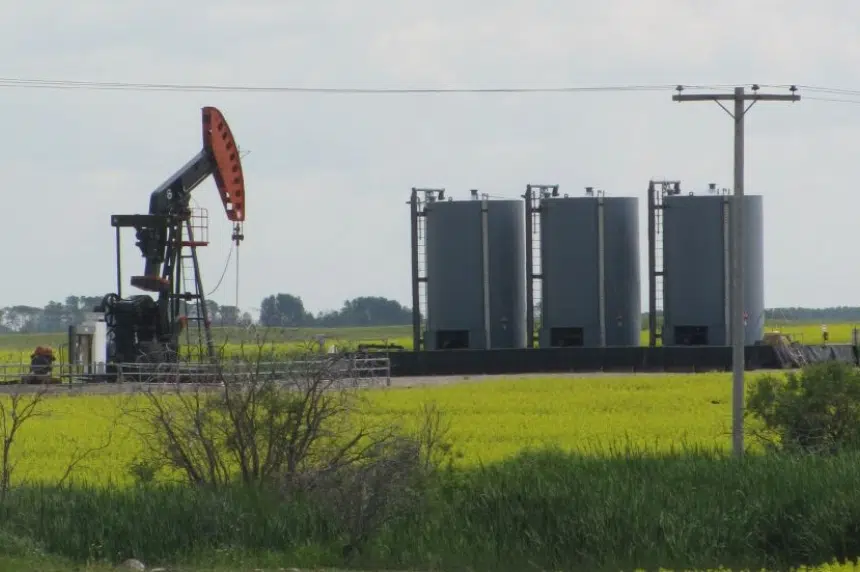Oil prices crashed into negative territory for the first time in history Monday, with the price of West Texas Intermediate (WTI) ending the day at minus-$30 a barrel.
That has sparked a call from industry groups and the Saskatchewan government for more help from the federal government.
Industry analysts in the U.S. have attributed the crash to a glut of supply while demand bottoms out as people stay home without driving or flying anywhere. The Canadian Association of Petroleum Producers (CAPP) described the historic low as a crisis for the national economy.
“What we’re seeing in Canada is more than $7 billion cut from capital investment in our upstream oil and natural gas sector so far. Production cuts have been announced amounting to more than 400,000 barrels of oil equivalent per day,” CAPP president Tim McMillan said in an emailed statement.
CAPP cited the International Energy Agency prediction that global oil demand in April is expected to be 29 million barrels per day lower than it was a year ago. With oil companies slashing production, rigs and service crews are sitting still.
“These are sobering statistics that illustrate the urgent need for government action to support Canada’s upstream oil and natural gas industry, which in turn protects thousands of jobs for hard-working Canadians at this challenging time,” McMillan said.
Smaller oilfield service companies in the southeast Saskatchewan oilpatch have been reporting major layoffs. Dale Manil with Jerry Manil Ltd. in Weyburn said the company had to make the decision last week to lay off 20 per cent of its employees.
“The numbers didn’t make sense and it was a tough deal, but a lot of people are laying off a lot more,” Manil told 980 CJME.
Right now, he said oil producers are storing what they can in small tanks, but the supply is already too high and demand is lower than ever before.
“At the end of the day right now, to produce you have to pay pretty much to get rid of it,” he said.
For Manil, the onus is on the federal government to offer more support for the energy sector, which he said contributes so much to the Canadian economy and represents hundreds of thousands of jobs in Western Canada.
He said the $1.7-billion orphaned well program announced by the federal government last week is nothing compared to the auto sector bailout of 2008.
“It’s going to be a lot of hurt for several months or years,” Manil said, describing the financial hit to people employed across the energy sector.
“It’s hard to say when it’s going to turn around. We are going to have such a buildup of supply that there’s not a lot of optimism.”
Saskatchewan’s minister of energy and resources, Bronwyn Eyre, also sent out an emailed statement describing the “urgent need” for an “immediate and substantial support package” for the energy sector from the federal government.
The provincial ministry is estimating a 20 to 30 per cent downswing in oil and gas production, attributed to outside economic forces such as the price war between Saudi Arabia and Russia and the COVID-19 pandemic.
“Last week, our government announced a short-term oil and gas package that provided immediate efficiencies and cash flow relief, and we continue to examine provincial options,” Eyre said in Monday’s statement.
“However, as our energy sector and communities continue to deal with severe challenges, this latest drop in oil prices sends a clear signal — now more than ever — that it is incumbent on the federal government to deliver substantial supports that address growing liquidity concerns in the Canadian energy sector and to preserve existing jobs and the production of Canadian oil.”
The provincial government’s statement said despite the reduction in dependence on oil royalty revenue by the provincial government, thousands of jobs in the province depend on the economic stability of the energy sector.







